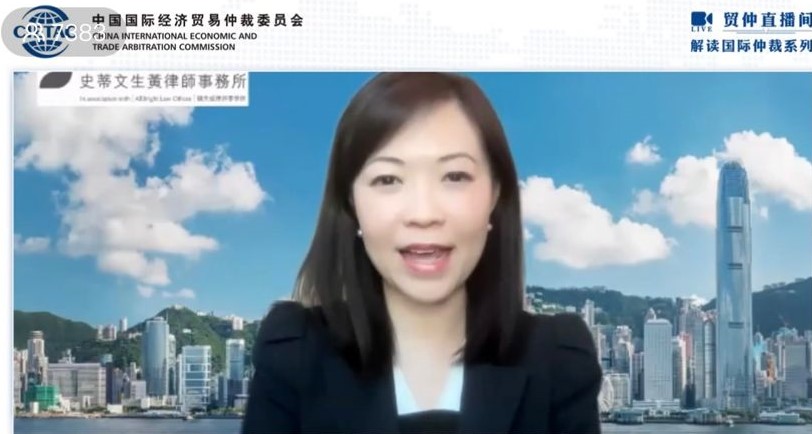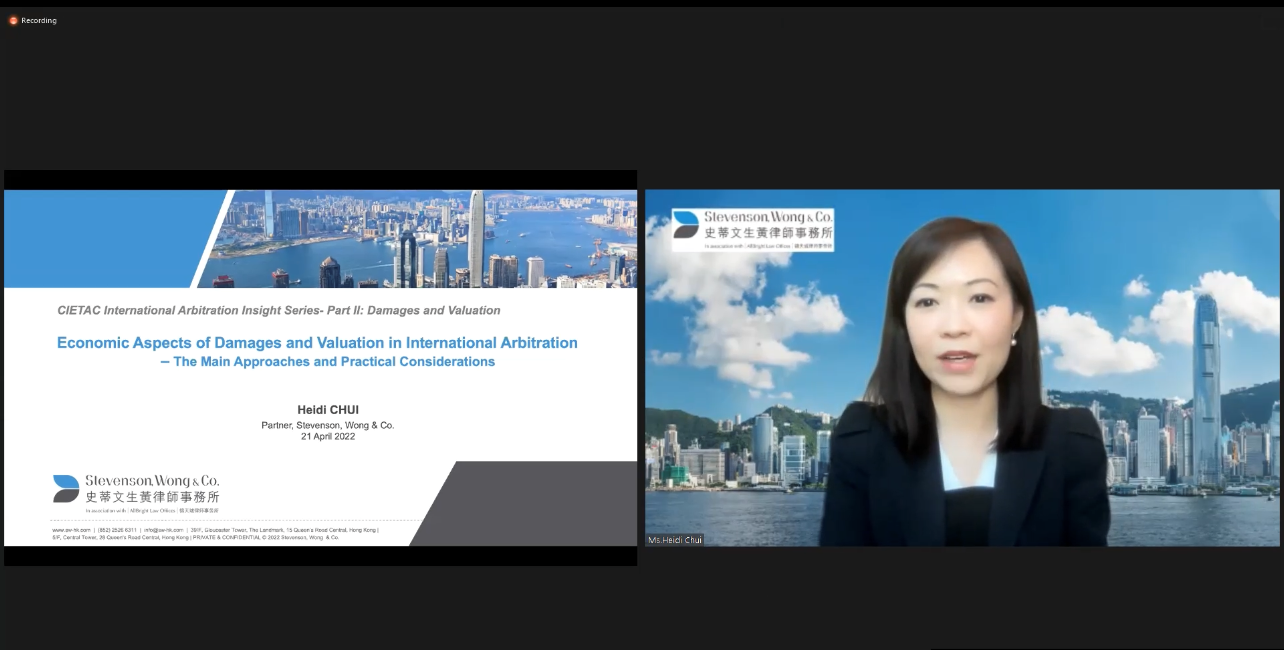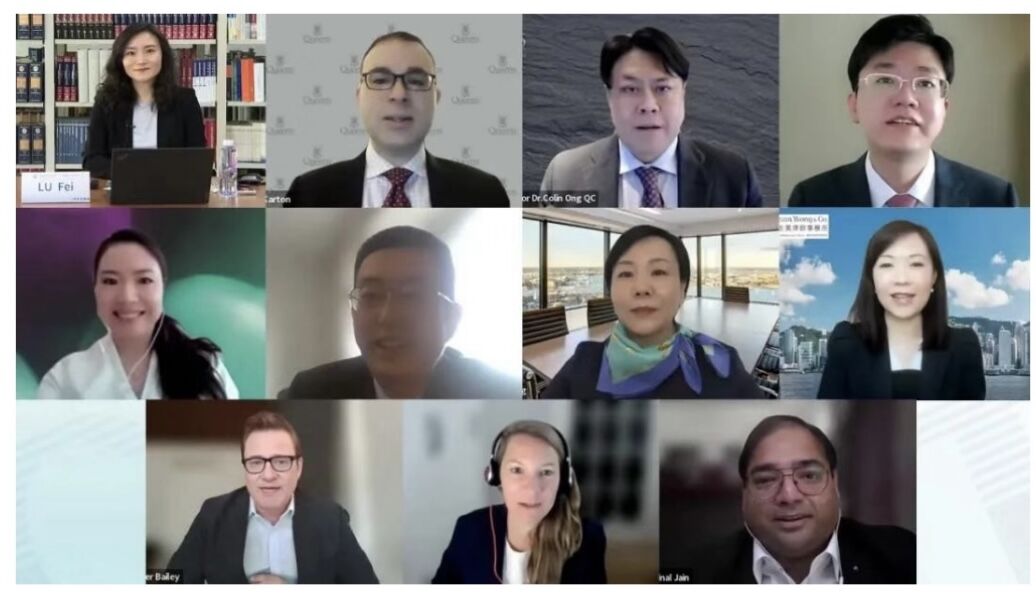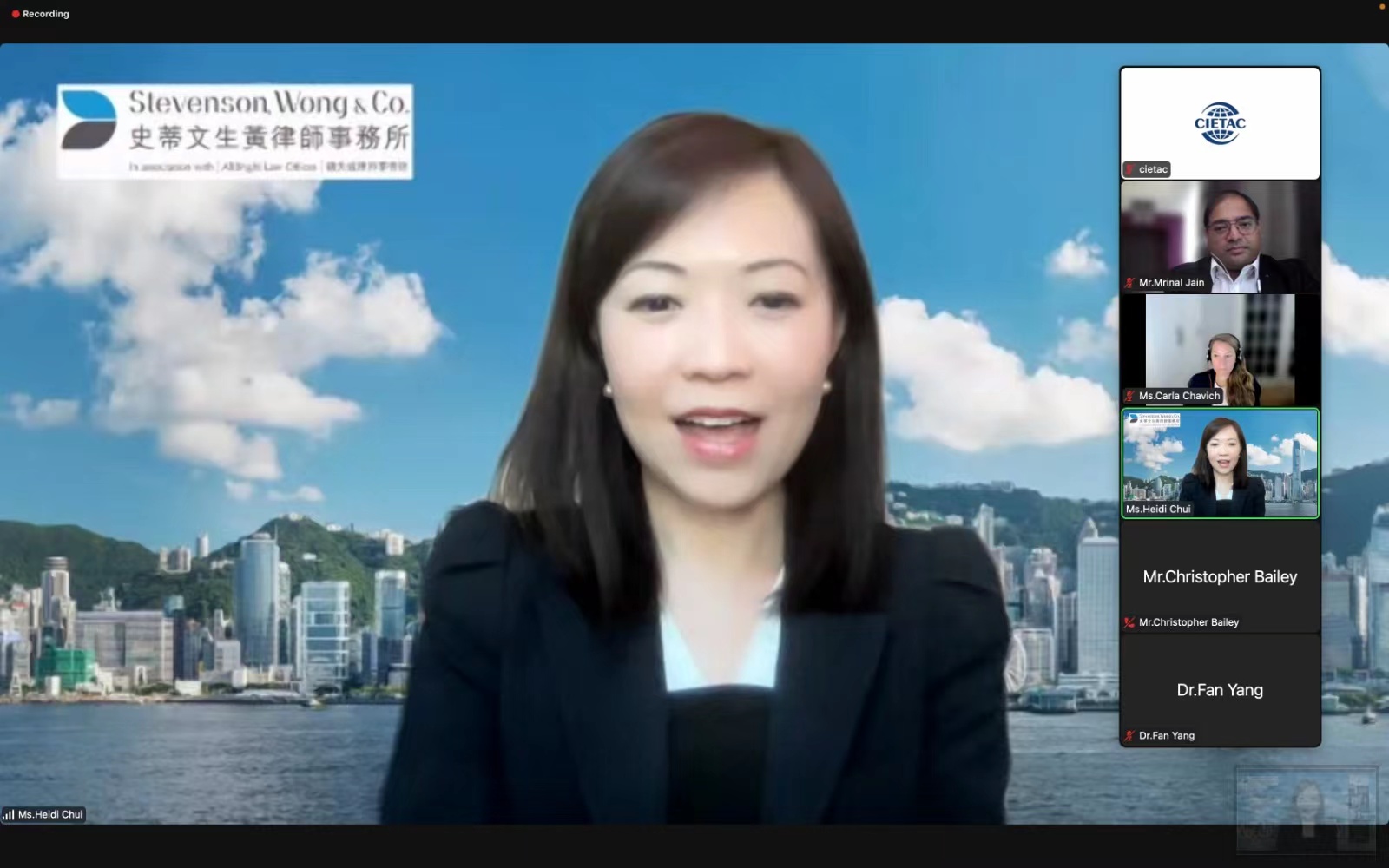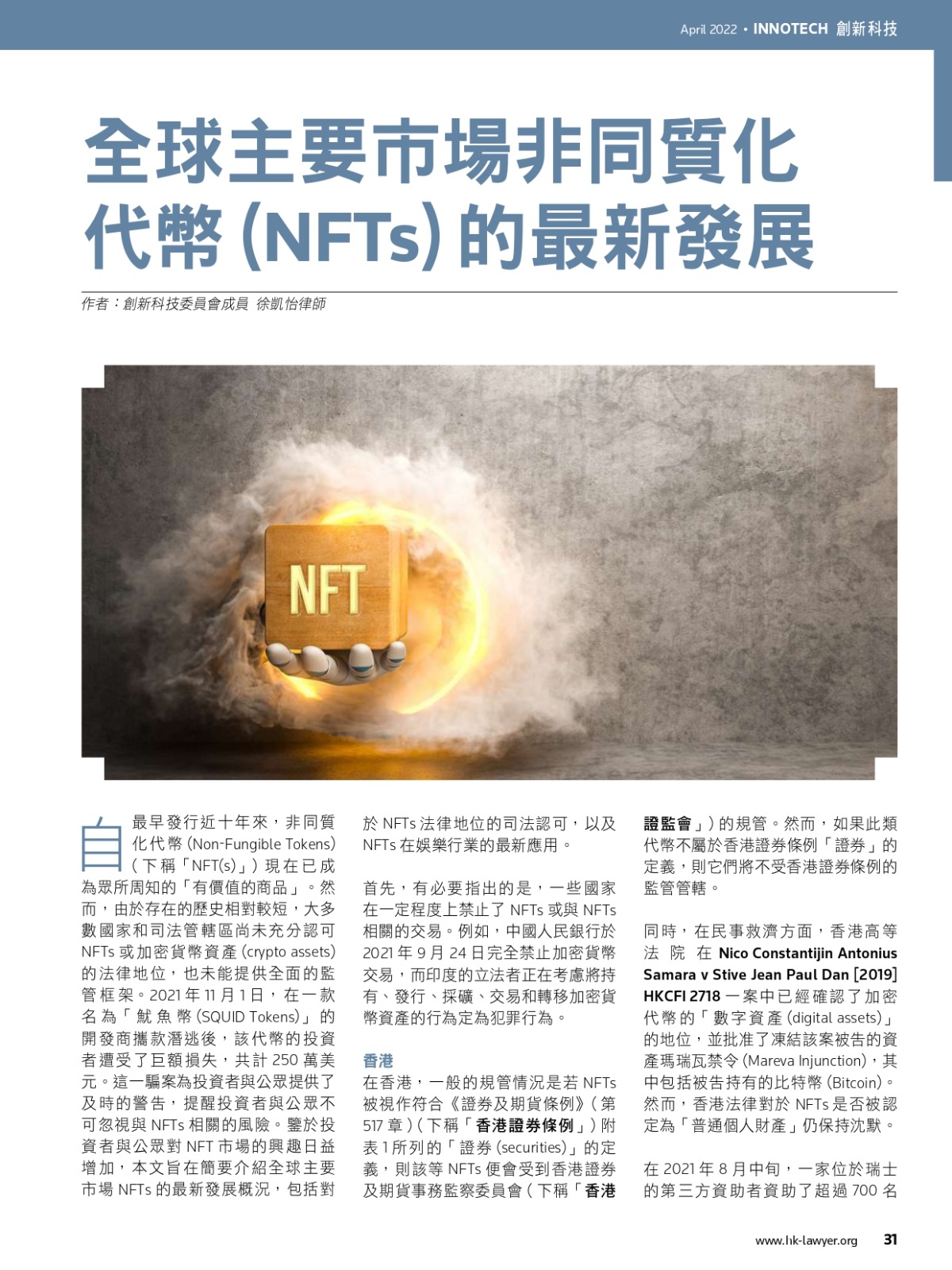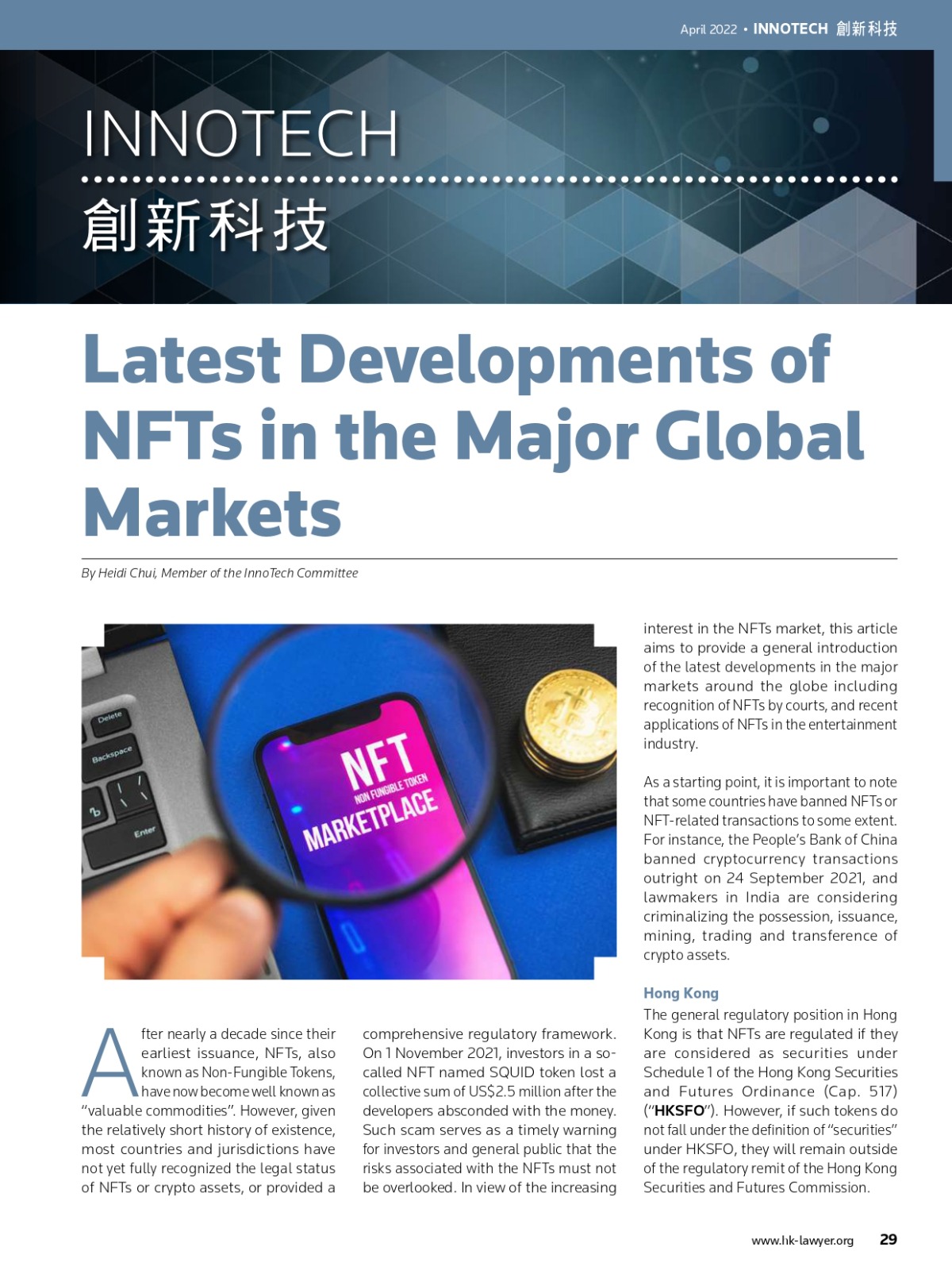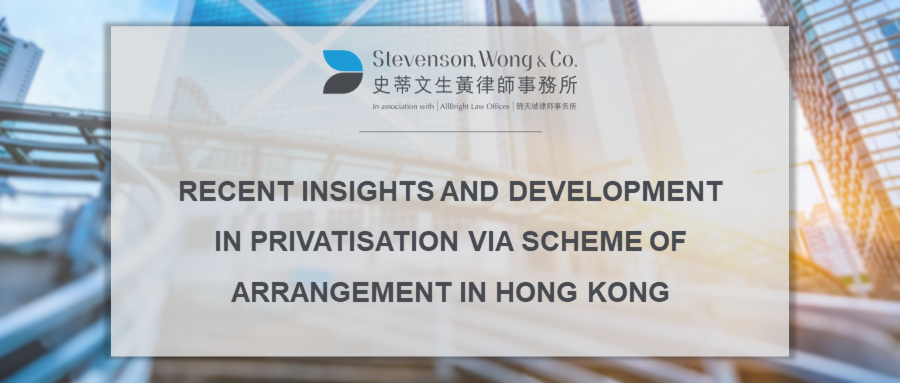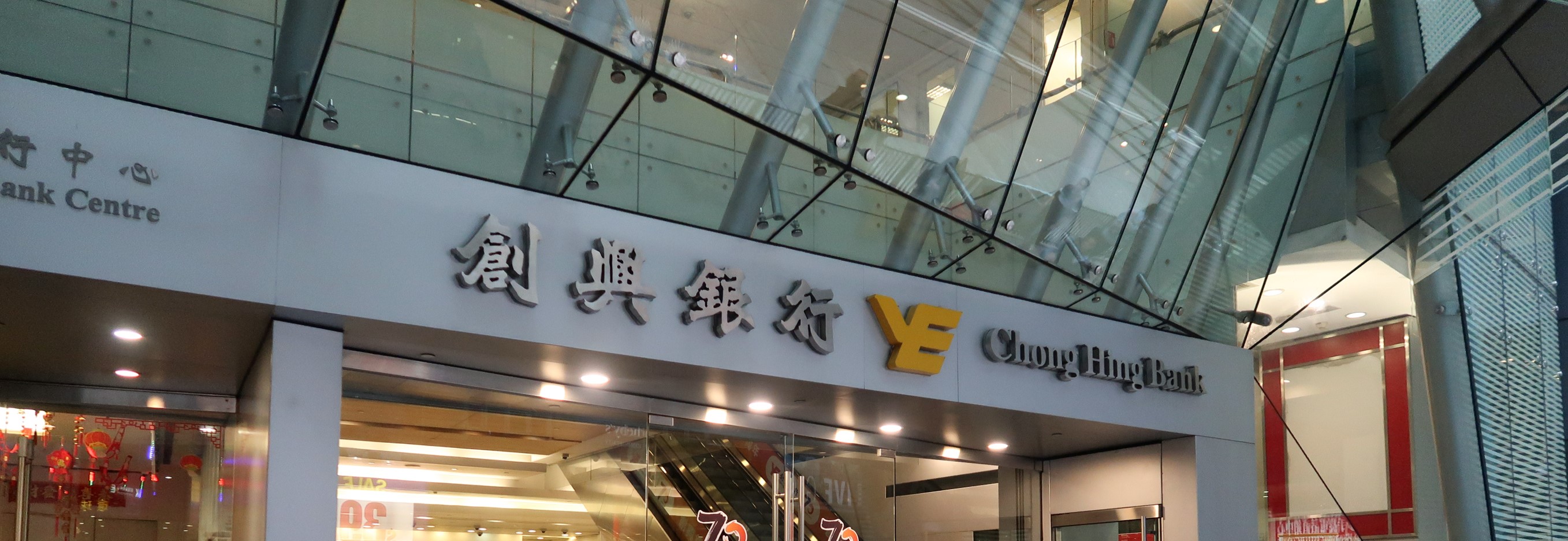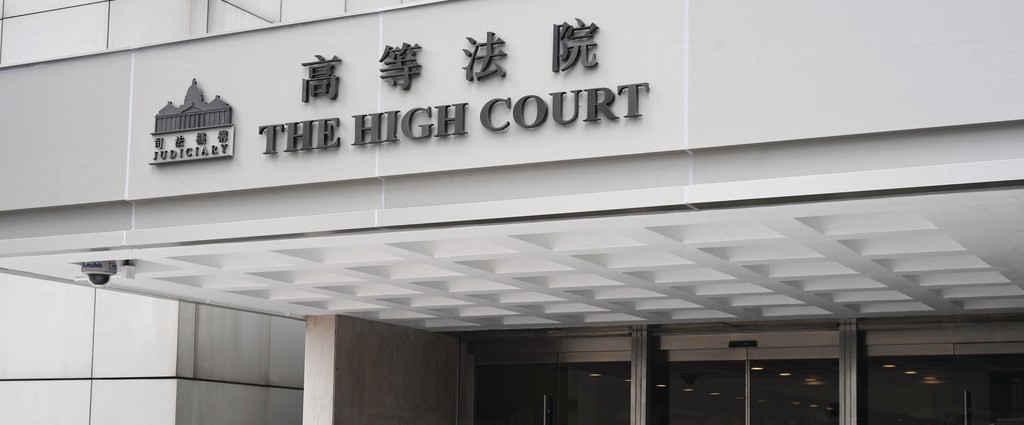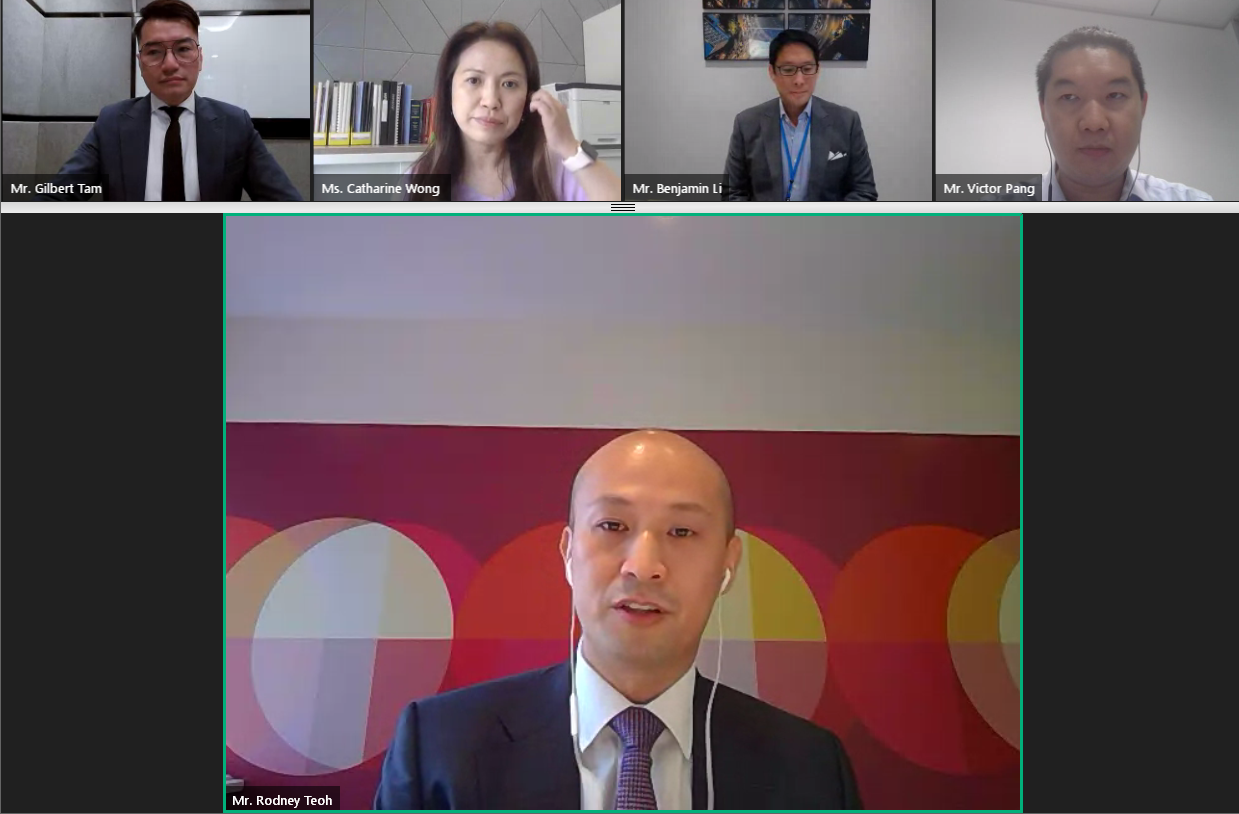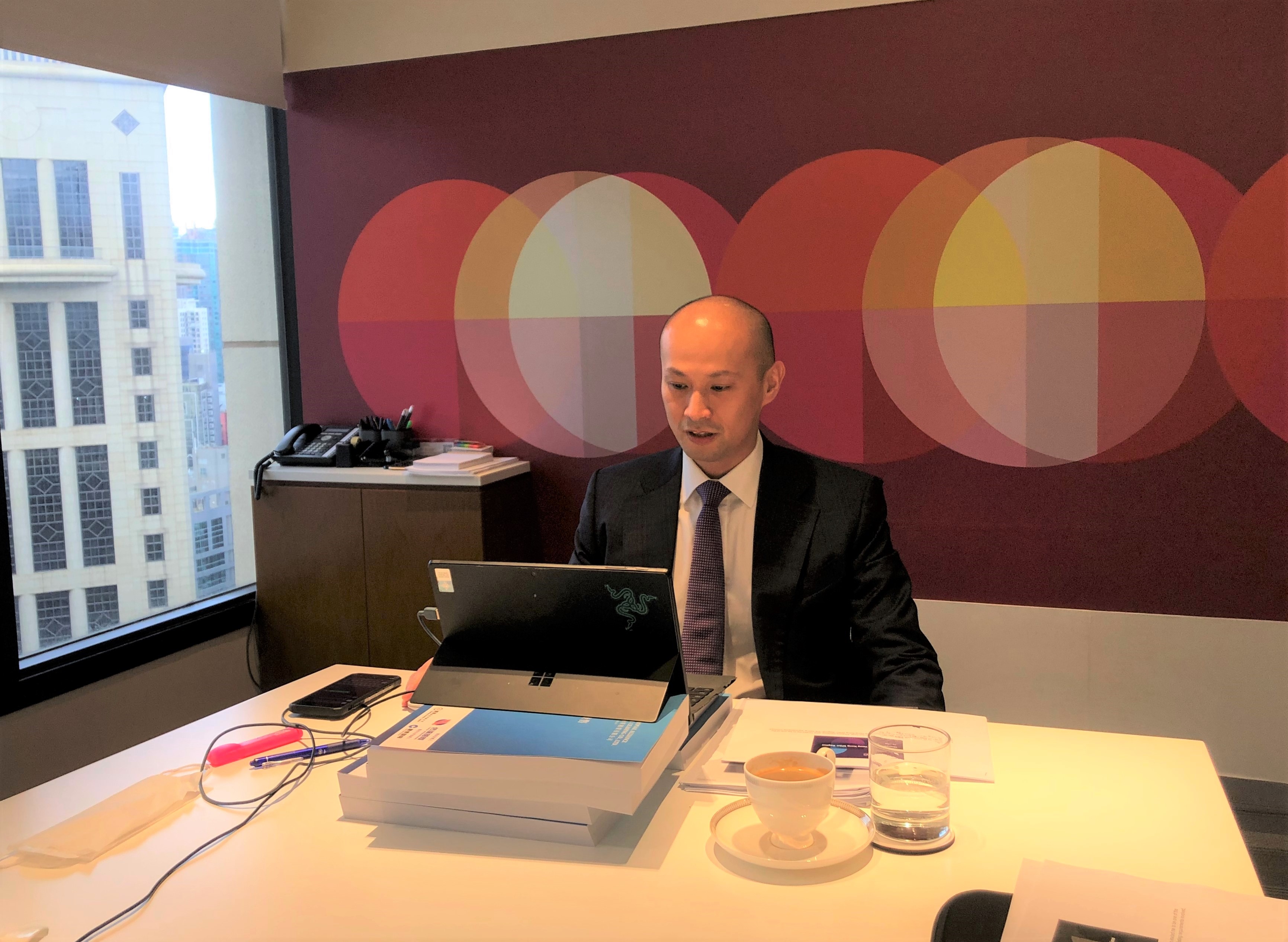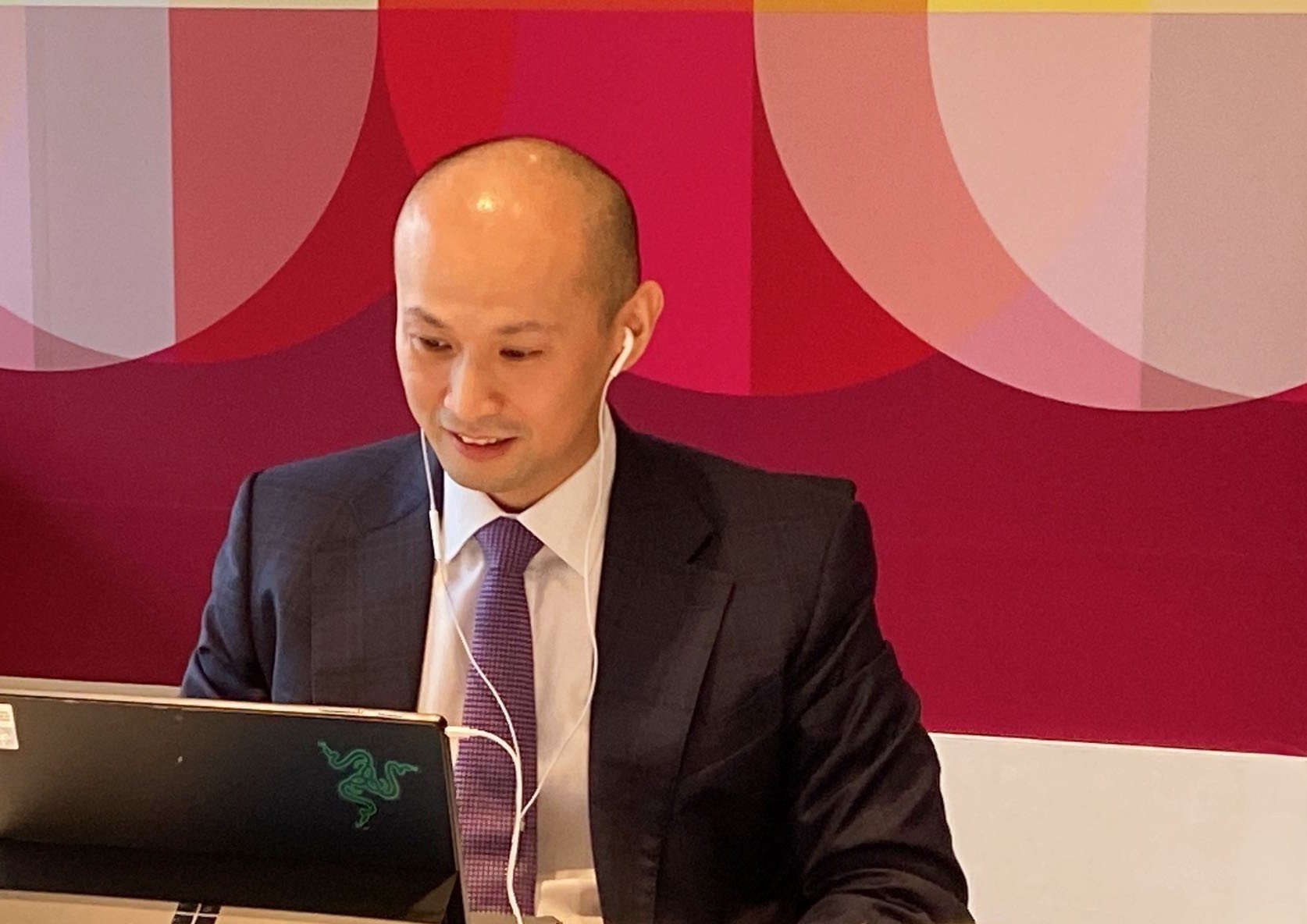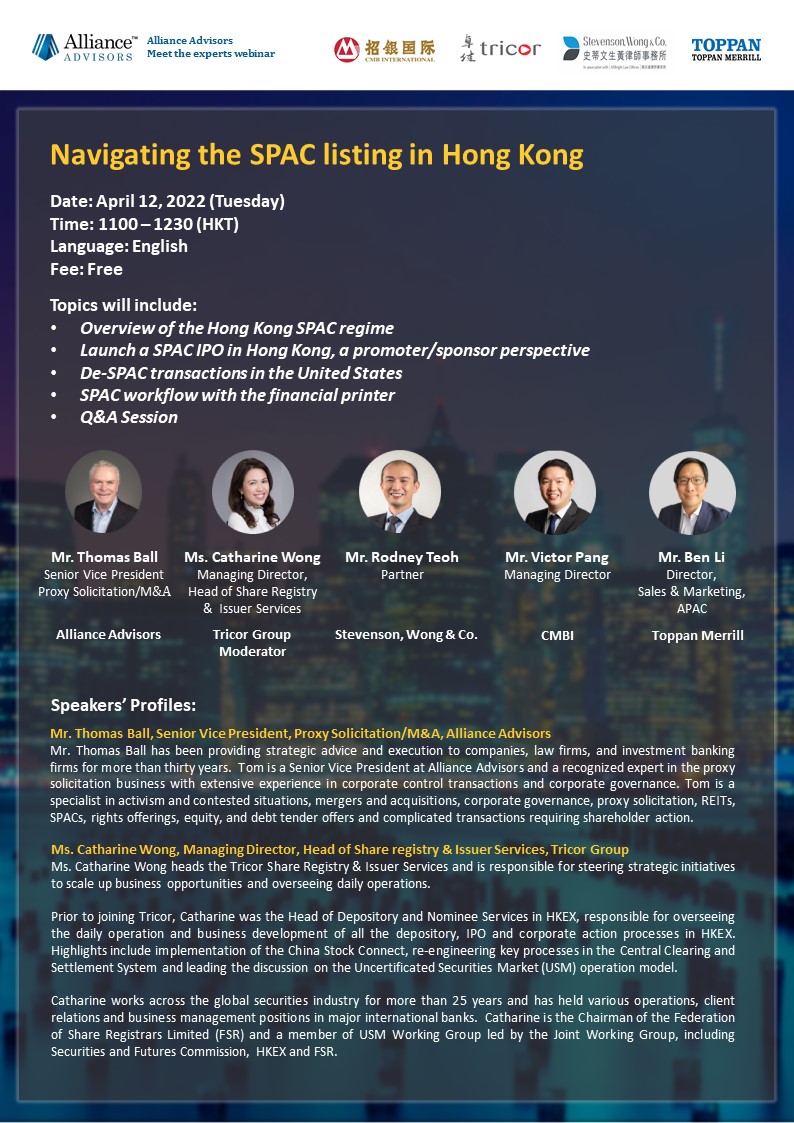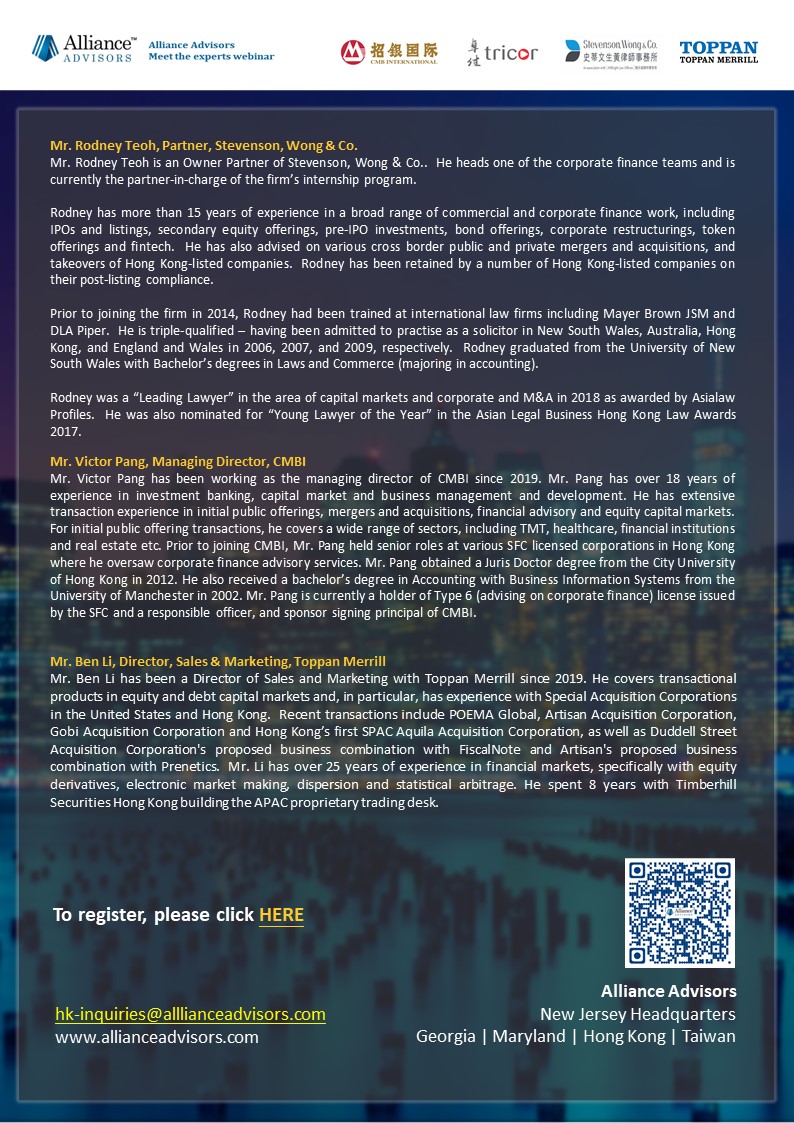(中文) 简介
在Re Southwest Pacific Bauxite (HK) Ltd [2018] 2 HKLRD 449 的清盘呈请案 (下称“Lasmos案”)中,香港高等法院基于(1)该清盘呈请涉及的债务未被债务人承认、(2) 该等债务受仲裁协议所涵盖,以及 (3) 债务人已展开仲裁程序 (以下合称 “三大条件”),裁定法院在一般情况下应行使酌情权,撤销清盘呈请,待争议各方先就争议的债务进行仲裁。
然而,在最近Re Hong Kong Bai Yuan International Business Co., Ltd [2022] HKCFI 960一案中 (下称“本案”),尽管涉案债务争议受仲裁协议涵盖,香港高等法院原讼法庭在仔细考虑本案的债务争议实际情况后,驳回债务人香港百源国际商务有限公司 (下称“香港百源”) 对清盘呈请提出的反对,并下令香港百源必须在14天内向呈请人 ACTATRADE SA (下称“呈请人“) 付清所有债务,否则将在限期后正式针对香港百源颁下清盘令。
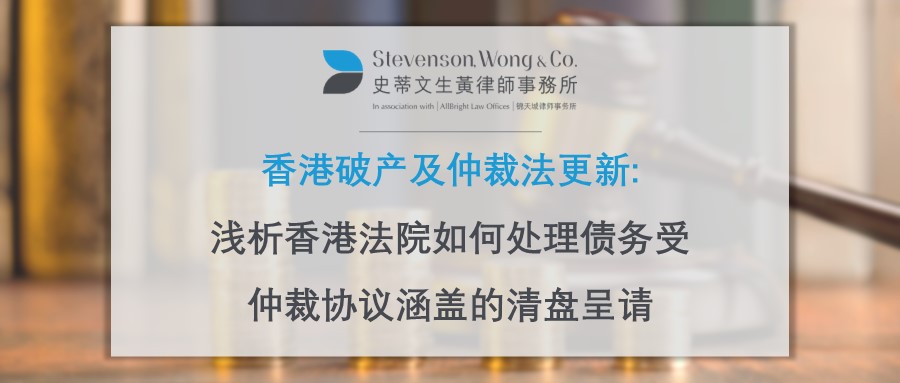
案件摘要
案件争议源自呈请人与香港百源签订的一系列买卖合同。及后双方就货款支付发生争议,呈请人则以香港百源无力偿债,以及未能遵从法定要求偿债书作出还款为由,针对香港百源提出清盘呈请。与此同时,有关的买卖合同载有仲裁条款,规定任何与该合同有关的争议均提交至中国国际经济贸易仲裁委员会,以仲裁解决 (下称“仲裁协议”) 。
香港百源基于以下理由,要求驳回清盘呈请:-
- 本案表面上存在争议 (prima facie dispute),双方应根据仲裁协议,提交仲裁解决 (此论据以下简称“仲裁论据”) 。
- 本案的债务存在真正 (bona fide) 在实体上的争议 (此论据以下简称“真正争议论据” ) 。(注意:在普通法下,真正争议 “bona fide dispute”的门槛比前述表面上存在争议 “prima facie dispute” 更高。)
- 香港百源对呈请人有交叉索赔,申索的金额比清盘呈请中涉及的债务更高 (此论据以下简称“交叉索赔论据” ).
香港法院考虑及听取双方的证据及陈词后,其于以下列出的理由,驳回了香港百源所有以上反对论据,并下令香港百源在14天内付清所有债务,否则将颁下清盘令。

仲裁论据
首先,香港百源主张香港法院应参考新加坡及英国案例 (AnAn Group (Singapore) Pte Ltd v. VTB Bank (Public Joint Stock Company) [2020] SGCA 33 及 Salford Estates (No.2) v. Altomart Ltd (No.2) [2015] 1 Ch 589) 等,采用的表面争议的门槛,即一旦法院认为存在表面争议,就应搁置或撤销清盘呈请。
然而,高等法院认为无论是按照表面争议的标准,或是基于真正争议的标准,本案的关键在于债务人是否提供了足够的证据,证明双方在债务问题上存在真诚 (genuine)的争议,并需提交仲裁解决。除非争议确实存在,否则要求双方进行仲裁根本毫无意义。正如在But Ka Chon v. Interactive Brokers LLC [2019] 4 HKLRD 85一案中,高等法院在行使其酌情权时,除了考虑相关合同是否载有仲裁协议,亦需考虑案件的实际情况,并非如Lasmos案所指,在满足三大条件后,香港法院便应撤销该清盘呈请。
真正争议论据及交叉索赔论据
为证明涉案债务确实存在真正争议, 香港百源声称部分货物 (涉案的货物为甲醇)有变质/褪色(discoloration) 的问题。而在鉴定货物变质是否属于承运方(即呈请人)的过错前,香港百源有权暂时扣起应付货款。em
高等法院则认为这根本不构成与债务有关真正争议。首先,香港百源未能指出相关的合同有任何条款赋予香港百源在此情况下扣起应付货款的权利。第二,货物变质/褪色的问题早已经由呈请人和供货商透过洽商得以解决,香港百源根本没有任何实际证据,足以证明货物变质/褪色问题是由呈请人所致,或香港百源因此蒙受过任何损失。因此,香港法院驳回了香港百源所提出真正争议及交叉索赔等论据。

结语及启示
在不同的清盘呈请案例中,香港法院在处理债务争议受仲裁协议涵盖的问题上,曾有不同的取态。问题的核心在于法院应如何在当事人选择仲裁的自主权,与债权人援引法庭下令企业清盘的管辖权等两种权利间之冲突取得平衡。
在本案中,高等法院并沒有跟从Lasmos案中的原则,单单基于三大条件便行使酌情权撤销或搁置清盘呈请,而是重申债务人必须同样证明双方在债务上确实存在争议 (法院在判词中用的字眼为 “genuine dispute”)。换之言之,债务人不可单靠提起仲裁程序,便寄望撤销或搁置清盘呈请。相信在日后的清盘呈请案例中,香港法院将会对此方面的原则作出更详尽的厘清及诠释。
本文由本所合伙人,诉讼及争议解决部主管徐凯怡律师、卢家俊高级律师和陆卓楠实习律师共同撰写。若阁下想了解更多详情,请联络本所徐凯怡律师。
于本文中提供的一切资料仅供参考,不构成任何法律意见,资料亦受制于适用规定及法例不时的更新与修改。若需取得相关法律意见,须咨询法律顾问。

